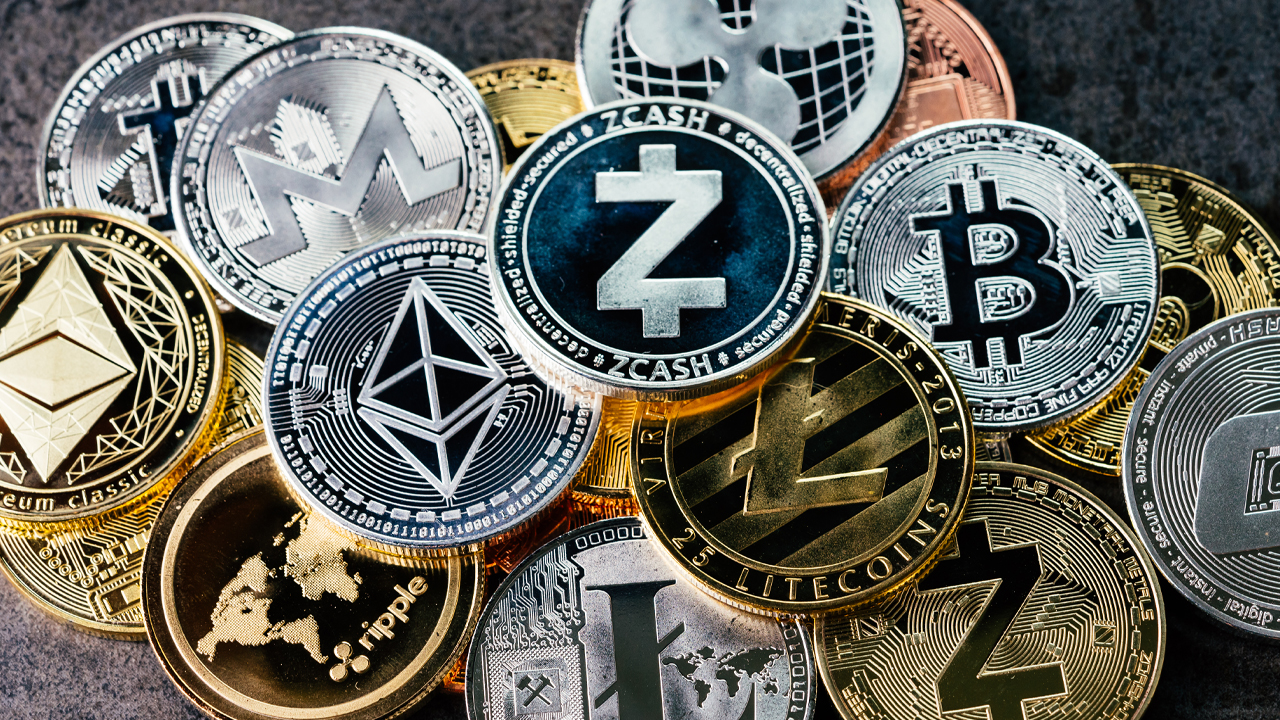Understanding Altcoins: A Beginner's Guide to Alternative CryptocurrenciesPosted by David Harper on April 21st, 2024 As the cryptocurrency market continues to expand, understanding altcoins has become essential for both seasoned investors and newcomers alike. In this beginner's guide, we'll explore the fascinating world of alternative cryptocurrencies, commonly known as altcoins, and provide insights into their unique characteristics, investment potential, and the factors to consider when navigating this burgeoning market.
What Are Altcoins? Altcoins are cryptocurrencies other than Bitcoin. While Bitcoin remains the dominant player in the crypto space, altcoins offer a diverse range of digital assets with varying features, functionalities, and use cases. Some altcoins aim to improve upon Bitcoin's limitations, while others serve specific niches or industries. Diversity of Altcoins: Altcoins come in many forms, including but not limited to: Smart Contract Platforms: Ethereum, the pioneer of smart contract platforms, paved the way for a multitude of altcoins to build decentralized applications (DApps) and execute programmable smart contracts. Privacy Coins: Privacy-focused altcoins such as Monero and Zcash offer enhanced privacy features, allowing users to conduct transactions anonymously. Utility Tokens: Many altcoins serve as utility tokens within their respective ecosystems, providing access to products, services, or governance rights. Stablecoins: Designed to minimize price volatility, stablecoins are pegged to fiat currencies like the US dollar or commodities like gold, offering stability for traders and investors. DeFi Tokens: Decentralized Finance (DeFi) has surged in popularity, with altcoins like Aave, Compound, and Uniswap facilitating various financial services such as lending, borrowing, and decentralized trading. Factors to Consider When Investing in Altcoins: Before diving into the altcoin market, it's crucial to consider several factors: Technology and Use Case: Assess the underlying technology, purpose, and real-world utility of the altcoin. Projects with innovative technology and a compelling use case are more likely to succeed in the long term. Team and Community: Evaluate the development team's expertise, transparency, and community engagement. A strong, dedicated community can drive adoption and support project growth. Market Liquidity: Liquidity is vital for buying, selling, and trading altcoins. Ensure that the altcoin is listed on reputable exchanges with sufficient trading volume to avoid liquidity issues. Regulatory Environment: Regulatory clarity varies across jurisdictions and can significantly impact the viability of altcoin projects. Stay informed about regulatory developments and compliance requirements. Risk Management: The altcoin market is inherently volatile. Only invest what you can afford to lose, and consider diversifying your portfolio to spread risk. Alt coins represent a diverse and rapidly evolving segment of the cryptocurrency market. By understanding their unique characteristics, conducting thorough research, and exercising caution, investors can capitalize on the opportunities presented by altcoins while managing risk effectively. Whether you're a beginner or experienced trader, navigating the world of altcoins can be both rewarding and educational on your journey through the cryptocurrency landscape. Like it? Share it!More by this author |



